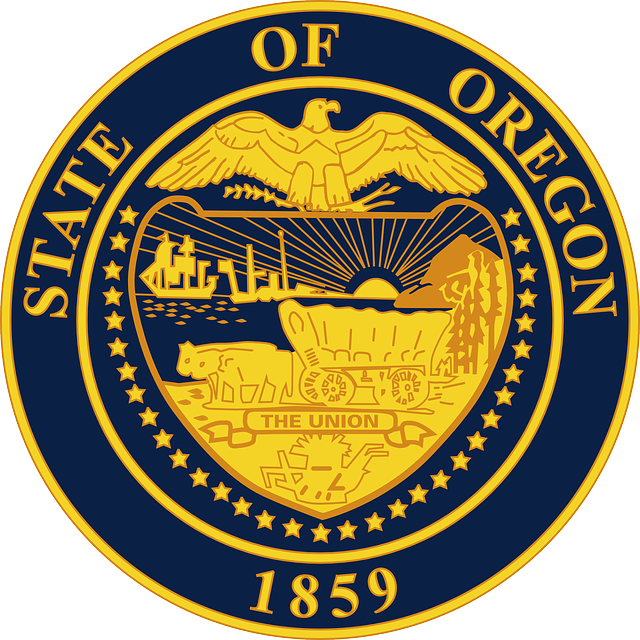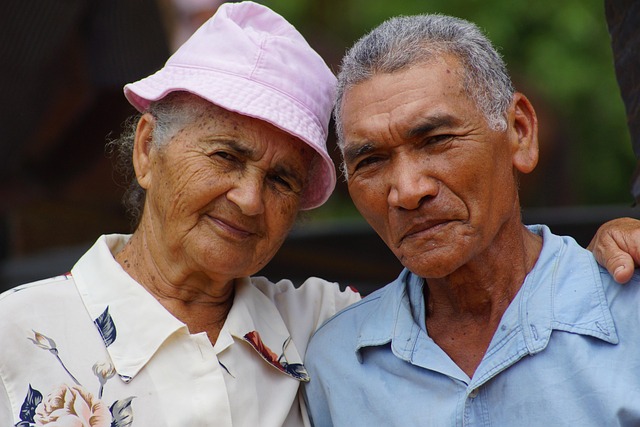In Oregon, grandparental rights are legally protected, ensuring a meaningful connection between grandparents and grandchildren. Grandparents can seek custody or visitation, with decisions guided by the child's best interests. Oregon offers legal support through mediation services and court-appointed attorneys, enabling grandparents to protect their rights and contribute to significant family decisions. Understanding these laws is crucial for navigating grandparental rights protection, ensuring stability and love within the family environment. Organizations provide dedicated legal support, guiding grandparents through petitions, court hearings, and evidence presentation to advocate for their cases effectively. Resources like Oregon Law Help and the Grandparents Association of Oregon empower families to understand and navigate their grandparental rights successfully.
In Oregon, recognizing and protecting grandparental rights is a vital aspect of maintaining strong family connections. This article explores the intricate landscape of grandparent-child relationships, delving into the legal framework that safeguards their bond. We provide an overview of grandparental rights, the legal processes involved, and common challenges faced by grandparents. Additionally, we offer insights on effective advocacy strategies and direct readers to key organizations providing Oregon-specific legal support for those navigating these important rights.
- Grandparental Rights: An Overview in Oregon
- Legal Framework for Protecting Grandparent-Child Relationships
- Common Challenges Facing Grandparents in Oregon
- Understanding the Process of Grandparental Rights Advocacy
- Key Organizations and Resources for Legal Support
- Strategies for Effective Legal Advocacy for Grandparents
Grandparental Rights: An Overview in Oregon

In Oregon, grandparental rights are recognized and protected under state law, ensuring a meaningful relationship between grandparents and their grandchildren. Understanding these rights is crucial for both families and legal advocates. Grandparents in Oregon have the legal standing to seek custody or visitation time with their grandchildren, subject to certain conditions. The state’s laws prioritize the best interests of the child while also recognizing the significant role that grandparents can play in a child’s life.
Navigating grandparental rights protection involves understanding various legal processes and regulations. Oregon provides legal support and resources for grandparents seeking to establish or maintain their rights, including mediation services and court-appointed attorneys. With the help of legal advocacy, grandparents can ensure their rights are protected and can actively participate in major decisions affecting their grandchildren’s well-being. This process is designed to foster a stable and loving environment for all family members involved.
Legal Framework for Protecting Grandparent-Child Relationships

In Oregon, the legal framework for protecting grandparental rights is established through a series of laws and court decisions that recognize the significant role grandparents play in their grandchildren’s lives. The state has specific statutes dedicated to preserving and ensuring these relationships, offering legal support to grandparents seeking access or custody. Understanding these rights is crucial for navigating the complex process of grandparental protection.
Oregon law provides various mechanisms for grandparents to assert their rights, including petitions for visitation, custody, or guardianship. Grandparents can seek legal advocacy to challenge restrictive parenting decisions and prove their fitness as caregivers. The state’s courts often consider the best interests of the child and the importance of maintaining stable relationships, especially with close family members like grandparents. With the right legal support, grandparents in Oregon can access resources to protect and enhance their connections with their grandchildren.
Common Challenges Facing Grandparents in Oregon

Grandparents in Oregon often face unique challenges when it comes to their rights and access to grandchildren. One of the primary concerns is the lack of explicit legal protections for grandparental rights, which can make them vulnerable in family court proceedings. While state laws do offer some safeguards, such as visitation rights and the ability to petition for custody, these rights are not always clearly defined or easily enforceable. This leaves many grandparents feeling uncertain about their role in their grandchildren’s lives.
Additionally, navigating the legal system can be a complex and daunting task, especially without the support of dedicated legal advocacy. Understanding the intricate laws surrounding grandparental rights in Oregon requires expertise, which is where specialized legal assistance becomes invaluable. Organizations offering Oregon legal support for grandparental rights help by providing guidance, ensuring grandparents’ voices are heard, and advocating for their interests, thereby facilitating a smoother navigation of the often-labyrinthine family law processes.
Understanding the Process of Grandparental Rights Advocacy

Protecting grandparental rights in Oregon involves a nuanced understanding of the legal process. When advocating for grandparental rights, it’s crucial to navigate the state’s family law system, which includes filing petitions, attending court hearings, and presenting evidence to support the case. Legal support from experienced professionals is essential to ensure that all necessary steps are taken correctly, increasing the chances of a positive outcome.
In Oregon, understanding grandparental rights begins with recognizing the legal definitions and criteria for establishing parental relationships. This includes knowledge of specific statutes and caselaw that govern visitation, custody, and other aspects of family dynamics. By delving into these complexities, families can better prepare to advocate for their rights, fostering a strong foundation for effective legal advocacy.
Key Organizations and Resources for Legal Support

In Oregon, several organizations and resources are available to support individuals seeking to protect their grandparental rights. These include legal aid societies, advocacy groups, and non-profit organizations dedicated to family law matters. For example, the Oregon Law Help website offers guidance on various legal issues, including grandparent visitation and custody. They provide resources such as legal forms, information on eligibility for free or low-cost legal services, and referrals to qualified attorneys.
Additionally, organizations like the Grandparents Association of Oregon (GAO) offer legal advocacy and support specifically tailored to grandparental rights. GAO provides education, networking opportunities, and a voice for grandparents within the legal system. They also collaborate with lawyers and other professionals to ensure that grandparent’s rights are understood and protected under Oregon law. Understanding one’s rights is crucial when navigating grandparental rights protection, and these resources enable families to access the necessary legal support.
Strategies for Effective Legal Advocacy for Grandparents

Protecting grandparental rights in Oregon is a complex process that requires strategic legal advocacy. Grandparents should begin by understanding their rights under Oregon law, which grants them visitation and custody rights if they can demonstrate a significant relationship with the child. Legal professionals specializing in family law can provide invaluable support, offering guidance on navigating the state’s specific regulations and court procedures.
Effective advocacy involves gathering comprehensive documentation to prove the grandparent-child bond, including photographs, letters, and affidavits from witnesses who can attest to this relationship. During legal proceedings, grandparents must present a compelling case, highlighting their ability to provide stable and loving care. Engaging in open communication with the child’s parents and other family members can also strengthen the argument for grandparental rights, fostering a collaborative environment that benefits the entire family.






